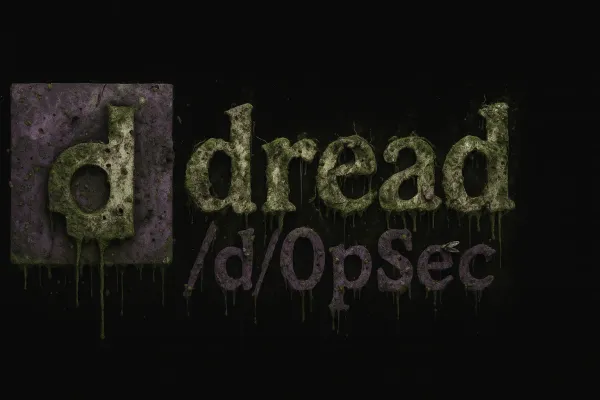SnowQueen and EliteSupplies Busted
Sydney cops busted Ricky Cao (25) and Henry Do (22) for running a dark web drug syndicate from suburban bedrooms, moving 4kg of cocaine, heroin, ice and ketamine nationwide until a single $630 crypto transaction exposed their operation to five months of surveillance.

Sydney cybercrime cops arrested 25-year-old Ricky Cao and 22-year-old Henry Do in May 2025 for running a dark web drug syndicate that moved nearly 4 kilograms of cocaine, heroin, ice, and ketamine across Australia. The five-month investigation started after cops tracked a $630 cryptocurrency payment for 3.5 grams of ice on January 20 revealing how even basic blockchain analysis can compromise dark web operations.
Cao ran the syndicate from his bedroom in Belmore while living with his girlfriend's parents, processing 30-40 packages daily under the handles SnowQueen and EliteSupplies. Do operated from a granny flat in Yennora, unemployed and driving a Honda Accord. Both maintained deliberately low profiles despite the operation's scale a basic OPSEC principle the state's surveillance apparatus still penetrated.
Police surveillance tracked them from Cao's residence to a Lakemba post office where they mailed drug packages interstate. The operation focused on smaller quantities with high profit margins rather than bulk deals a distribution model that minimized individual transaction risk but created a pattern cops could identify through postal monitoring.
Cao faces 98 drug supply charges while Do faces 20. Cao remains caged while Do's grandmother posted $500,000 surety on her home for his release to house arrest the state holding family property hostage to ensure compliance.
Acting Superintendent Jason Smith of the Cybercrime Squad claimed the arrests prove "the dark web is not a safe haven for cybercriminals," the standard cop propaganda that ignores how many operations continue undetected. The seized drugs included 50 grams of heroin and ice packages ready for Victoria and Queensland delivery.
The investigation highlights critical OPSEC failures: using residential addresses for operations, establishing predictable mailing patterns, and likely poor cryptocurrency hygiene that enabled transaction tracking. The cops won't reveal their exact methods protecting their surveillance capabilities matters more than public transparency.
NSW Police frame this as protecting communities from drug harm while ignoring how prohibition creates black markets, drives violence, and justifies expanded surveillance powers. The real lesson isn't that dark web operations are impossible but that operational security requires extreme discipline one tracked transaction, one pattern, one compromise can unravel everything.




